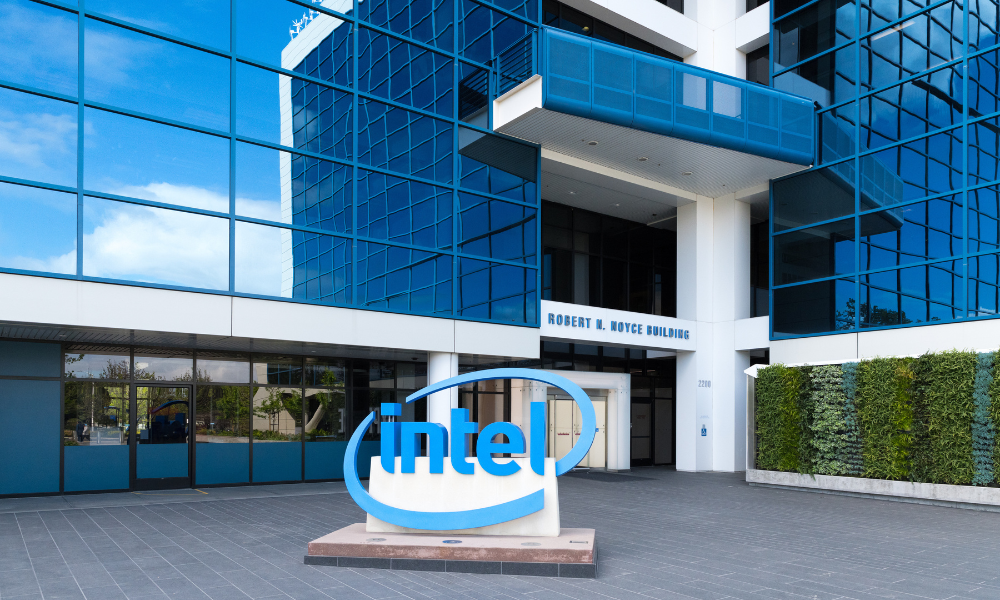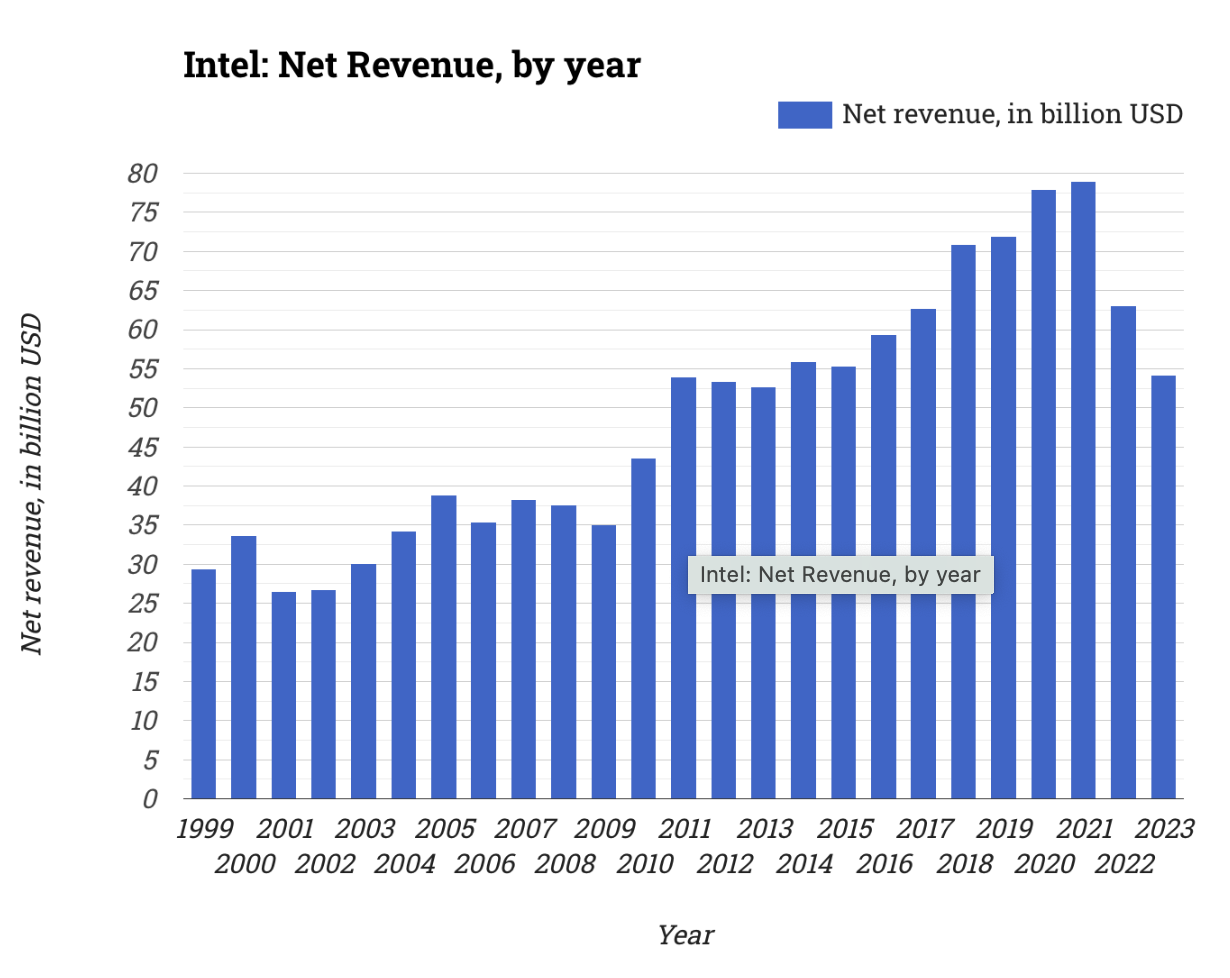
Changes come in bid to 'pull off a comeback' for Intel

Intel has announced that it is expanding the number of its office days and will be reducing the size of its workforce as part of its efforts to pull off a "comeback" as the world's most innovative company.
CEO Lip-Bu Tan made the announcement last week, as the company reported its financial results for the first quarter of 2025.
"We will be updating our policy to require four days per week on-site by Sept. 1," Tan told employees in a memo that was published on the company's website.
"We are going to work hard in the meantime to ensure sites are ready to operate at full capacity. Your local leadership will share site-specific details and seek your input on how to create the best possible on-site experience."
Intel's current hybrid work policy mandates employees to spend approximately three days on-site a week.
"Adherence to this policy has been uneven at best. I strongly believe that our sites need to be vibrant hubs of collaboration that reflect our culture in action," Tan said.
"When we spend time together in person, it fosters more engaging and productive discussion and debate. It drives better and faster decision-making. And it strengthens our connection with colleagues."
Meanwhile, Tan also announced that Intel will likely see its workforce reduced by the second quarter in a bid to remove organisational complexity.
"Many teams are eight or more layers deep, which creates unnecessary bureaucracy that slows us down. I have asked the ET (executive team) to take a fresh look at their respective orgs, with a focus on removing layers, increasing spans of control and empowering top performers," he said.
The CEO also said that there will be changes for its managers' KPIs, after finding that it has been about the size of their teams.
"Going forward, this will not be the case. I'm a big believer in the philosophy that the best leaders get the most done with the fewest people," he stated.
But introducing these changes would mean further reduction to Intel's headcount, according to Tan.
"This will begin in Q2 and we will move as quickly as possible over the next several months," he said.
The announcement follows Intel's massive reduction of roughly 15,000 employees last year in a bid to significantly cut costs. According to Tan, they have learned "some valuable lessons from past actions."
"We must balance our reductions with the need to retain and recruit key talent," he said. "I will empower each of my leaders to make the best possible decisions aligned with our top priorities. These decisions will not be made lightly, and we will keep you regularly informed."
Another change coming to Intel is the elimination of unnecessary meetings, according to Tan, as they need to "radically simplify" their administrative work to focus time spent on customers.
"I am instructing our leaders to eliminate unnecessary meetings and significantly reduce the number of meeting attendees. Too much valuable time is being wasted," he said.
"We will also modernise processes with a focus on live dashboards and better data to ensure we have the real-time insights we need to make better and faster decisions."
Intel will also cut other corporate administrative tasks, such as non-essential training and documentation, and will be making the company's Insights and OKR requirements optional.
"It has been eye-opening for me to see how much time and energy is spent on internal administrative work that does not move our business forward," Tan said. "We need to radically simplify this to maximise the time spent focusing on our customers."
The changes at Intel come as Tan underscored areas of improvement that they need to address while also navigating an uncertain market.
"As I have said, this starts by revamping our culture. The feedback I have received from our customers and many of you has been consistent. We are seen as too slow, too complex and too set in our ways — and we need to change," Tan said.
"The next step is to drive greater simplicity, speed, and collaboration across the entire company."
Intel's first-quarter revenue reached $12.7 billion, flat year-over-year, according to its latest financial results. It comes in the wake of significant financial and operational challenges over the past years.
In 2024, its revenue hit $53.1 billion, down by two per cent from the $54.2 billion recorded a year prior. It is also much lower than the company's $79.02-billion revenue in 2021.

Source: Statistico
Tan, who joined Intel in March, said in his latest memo that there is an opportunity ahead for Intel to "fundamentally reinvent" itself.
"To pull off a comeback that will be studied in business schools for generations to come. To create new technologies and deploy them at scale to change the world for the better," he said.
"Intel was once widely seen as the world's most innovative company. There's no reason we can't get back there, so long as we drive the changes needed to improve."